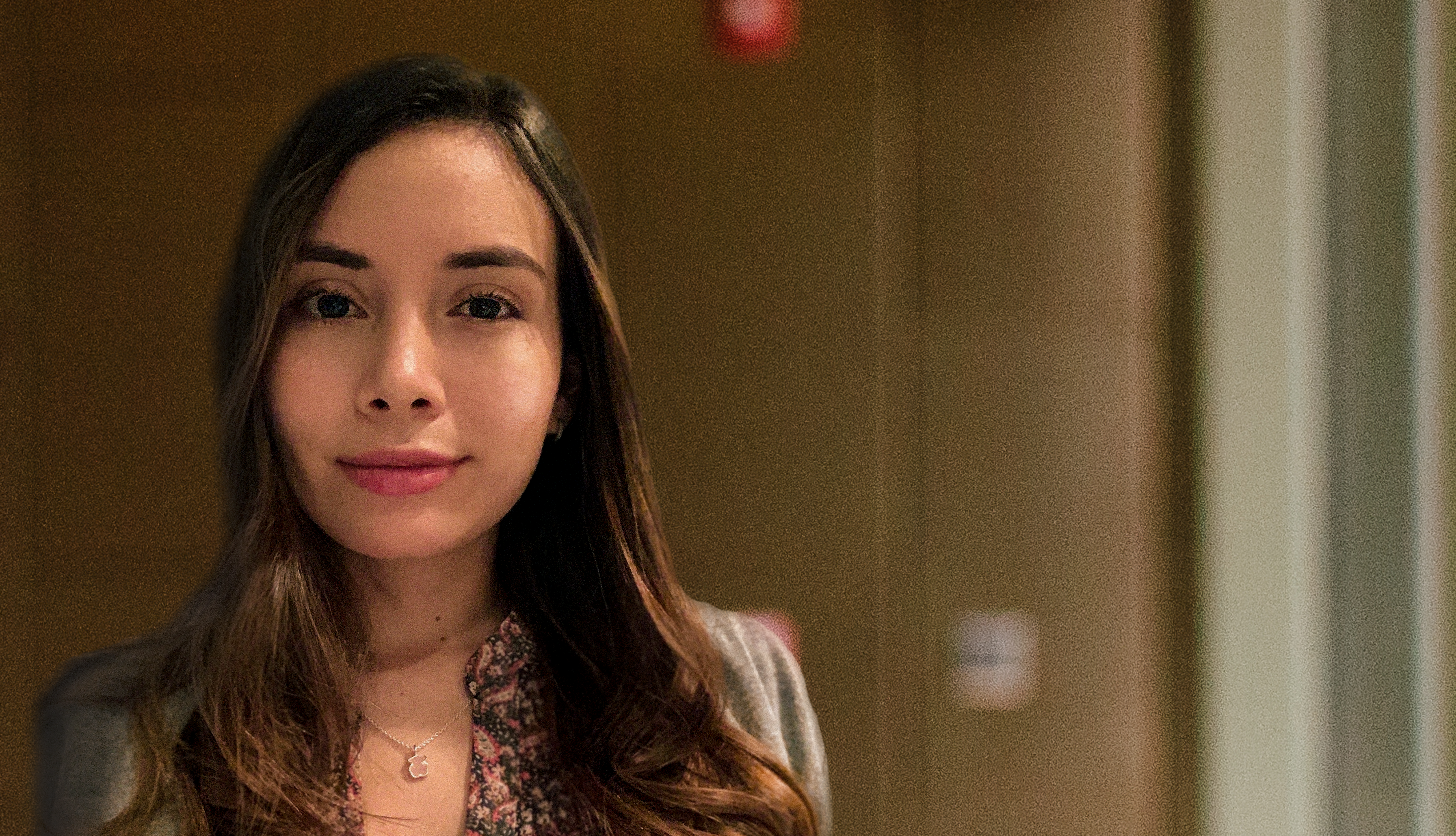CEHD Scholar Spotlight: Alejandra Campos

Alejandra Campos is a Predoctoral Fellow at CEHD. During her tenure at CEHD, she has helped study the intergenerational impact of the Perry Preschool Project, and has worked on a project that aims to improve the quality of childcare centers in Indiana. Her research interests include human capital, early childhood development, education, and skills formation. She received her master’s degree in economics in 2017, her honors thesis analyzed the relationship between road infrastructure and education outcomes in Colombia.
What are your current research areas of interest?
I am interested in development economics and the economics of education. In particular, I would like to answer policy-relevant questions about human capital accumulation, early childhood development, and skills formation. In the future, I would love to continue my research on determining the factors that influence school performance, and the mechanisms that foster human development, particularly in developing countries.
How did you become interested in studying economics?
I first became interested in studying economics back in high school, when I first witnessed and understood the consequences of extreme inequality in my home country, Colombia. I later pursued my B.A. and M.A. in economics wanting to deepen my knowledge on the mechanisms that break human development constraints and lead to the eradication of poverty and inequality. I became passionate about understanding how to break the constraints of social mobility, to ensure that all children can overcome the socio-economic limitations imposed upon them. I believe that economic research is a powerful tool, capable of generating meaningful impact on pressing social challenges, such as inequality.
Can you talk about some of the projects you’ve worked on during your time at CEHD?
I have had the unique opportunity to work on The Perry Preschool Project, an early childhood intervention program that has followed participants from the age of three to their mid-fifties. We are documenting the intergenerational impact the program has had, which was originally designed to promote the social mobility of African American children. This project will provide new evidence of the benefits that early childhood interventions have on promoting social mobility. Additionally, we are collaborating with 4C, a nonprofit organization serving 28 counties in Southern Indiana. 4C is a regional Child Care Resource and Referral agency that is currently implementing a program to increase the quality of Early Childhood Centers throughout Indiana. With this collaboration we want to eventually be able to create a referent for policymakers, by identifying the sources of successful interventions to foster human development at early ages. These have been enriching experiences and have allowed me to gain a full understanding of high-quality empirical and theoretical research.
How will your time at CEHD influence your future research?
Working at the CEHD has been a formative experience that will allow me to bring a strong research background, solid quantitative skills, and a nuanced perspective to my future academic research. This experience has allowed me to gain a full understanding of the process of conducting high-quality economic research, but most importantly, it has shown me how rigorous academic research actively influences and improves public policy.